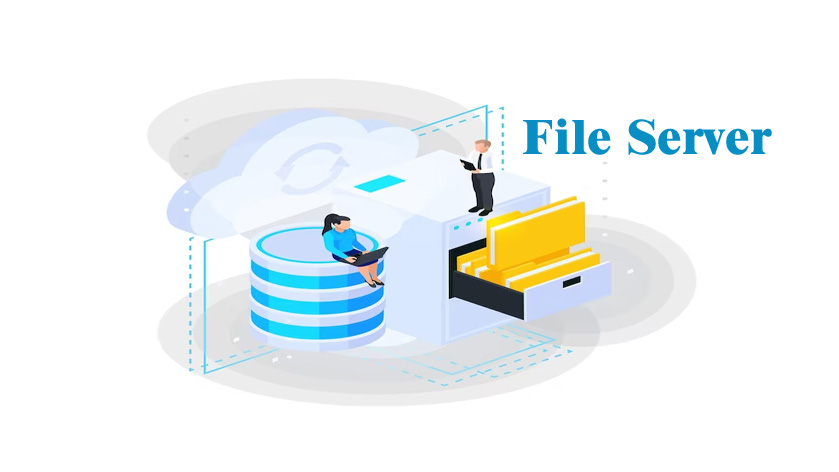The file server is the central server in the computer network that will be responsible for the storage and management of data files. The user can access a primary storage space that will work as a medium to store the internal data. You don’t need a physical object to transfer files; you can share the data over a network.
Users will be able to access files through a local network and remotely. This will help users to access the files on the go, and also they can save them.
The hardware used for the file server should have enough space, processing power, and properly working memory. This will allow the users to share files and access and process the files as efficiently as possible.
It does not make any changes to the existing documents. This happens because it stores the data as a heap of binary data and files in the form of large objects. So, the extra filtering of files is optional. The file server will make the filing system easily accessible to users.
Types of File Servers
There are two types of file servers:
- Dedicated File Server: This server provides services to other computers. This will be in a specific local area network or may have a properly authorized access request associated with the computer system. It will also provide sufficient storage space for the website and make it more secure.
- Non-Dedicated Server: The work of this server is like a workstation that will allow it to use itself as a workstation. These can be used for everyday tasks. This server is less secure and lacks space for the website.
Benefits of File Server
- It helps in the central storage of data.
- This will boost the storage capacity.
- The file server will be highly flexible and reliable.
- It will help in information sharing.

